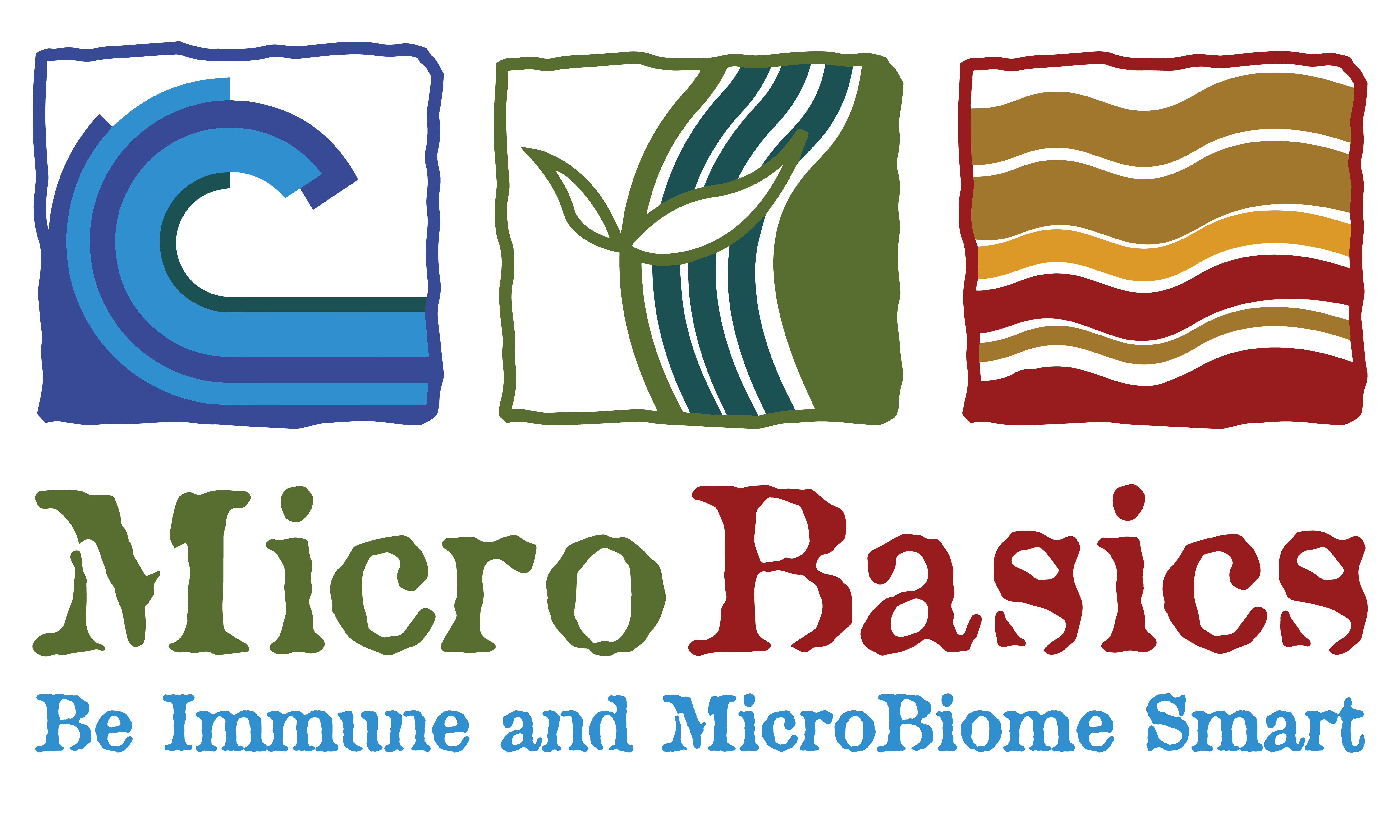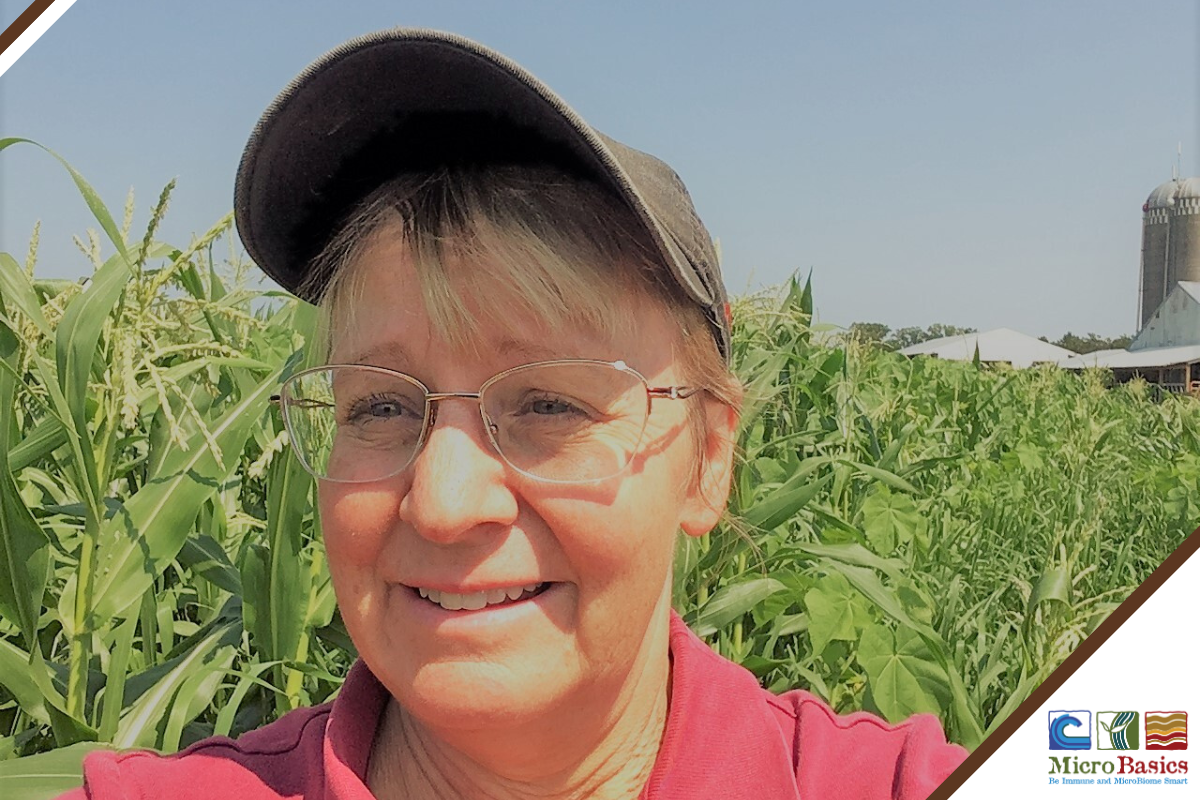Carmen Monson, of Monson Consulting, is a nutritionist in the state of Wisconsin. After graduating from college Carmen did an extension internship with the University of Wisconsin. While it was interesting it was not her main interest so she decided to pursue other opportunities. After completing her internship she started working for Purina feed mills and did a short stint with Form-A-Feed.
She and her husband were blessed to work together, and 30 years ago this last Oct they started an independent consulting business. Their goal was that through nutrition they were going to save the family farm.
Carmen works with many farms in her area and formulates out of 9 different feed mills. She does lots of dairy and some beef nutrition, totaling 51 herds ranging in size from 30-900 cows. She also feeds a 600-animal dairy goat herd and even some hogs. Prior to chronic wasting disease being found in Wisconsin, she and her husband also worked with some deer and elk ranches, and for a while she fed some Ostriches too!
Carmen is going to share some of her experiences with the 2023 harvest in her area as well as what she considers when using a toxin binder.
Q: How did harvest go in 2023?
A: We do a fair amount of small grain silages too, but the main crops are alfalfa and corn silage. We had lots of moisture for 1st crop alfalfa this year, thank goodness. 2nd crop alfalfa was low in carbohydrates due to the smoke cover from the Canada fires. 3rd crop alfalfa was good quality but not a lot of it because of little moisture.
Corn silage was all over the place this year. Some of it germinated and survived the drought, other seeds even in the same field did not germinate until later in the summer when it rained. It was weird, there were some plants that had an ear like two feet off the ground and then the rest of the plant was 12 feet tall. The plant had set the ear while it was dry and then it rained later. The plant recovered and grew beyond that. Growing conditions like this are unusual and set the plant up to be at risk for mold growth.
Some farms will spray with a fungicide, but that was difficult because the plants across each field differed so much. We will have to be cautious of mold and yeast growth in our silage this year.
The low carbohydrate content of our 2nd crop alfalfa makes the alfalfa silage ferment slowly during ensilation and ends up with production of butyric acid during fermentation. When high butyric acid haylage is fed to dry cows you end up with ketosis, when we feed it to lactating cows, we can dilute it as much as possible or pull it out and let the butyric acid volatilize, but it still causes problems.
Q: What are the risks of feeding spoiled forages?
A: Mold and yeasts by themselves are an issue, but they also produce toxins that cause a lot of problems. Gut issues and immune suppression which make the animal more vulnerable to other conditions.
It’s a good idea to test feed, but you also need to watch the cows. In the sampling process you may miss areas where the feed is contaminated. If we do identify a toxin, we can then match a binder to it.
Intestinal bleeding from mycotoxins is the easiest thing to identify, decreased fertility, higher somatic cell count, and vulnerability to other diseases is much harder to pinpoint as a mycotoxin problem because it can look like a lot of other things.
Q: When do you recommend feeding a toxin binder?
A: I feed a maintenance level of a binder all the time. When we do pinpoint a mycotoxin problem, I will increase the amount or switch to another binder that better matches the issue at hand.
Q: Management tips for feeding tainted forages.
A: We always talk about dilution first if you can. I usually increase vitamins, and if the toxin is bad, I will include vitamin B complexes, because rumination isn’t working well at that point. Additionally, I will include yeast or probiotics.
Carmen is a great resource! Check out her website if you want to read her blogs and newsletters. You can also follow her on Facebook and Instagram for informative content! She can be contacted through email at monsonconsultcows@gmail.com.
Written by: Mariah Gull, M.S.

